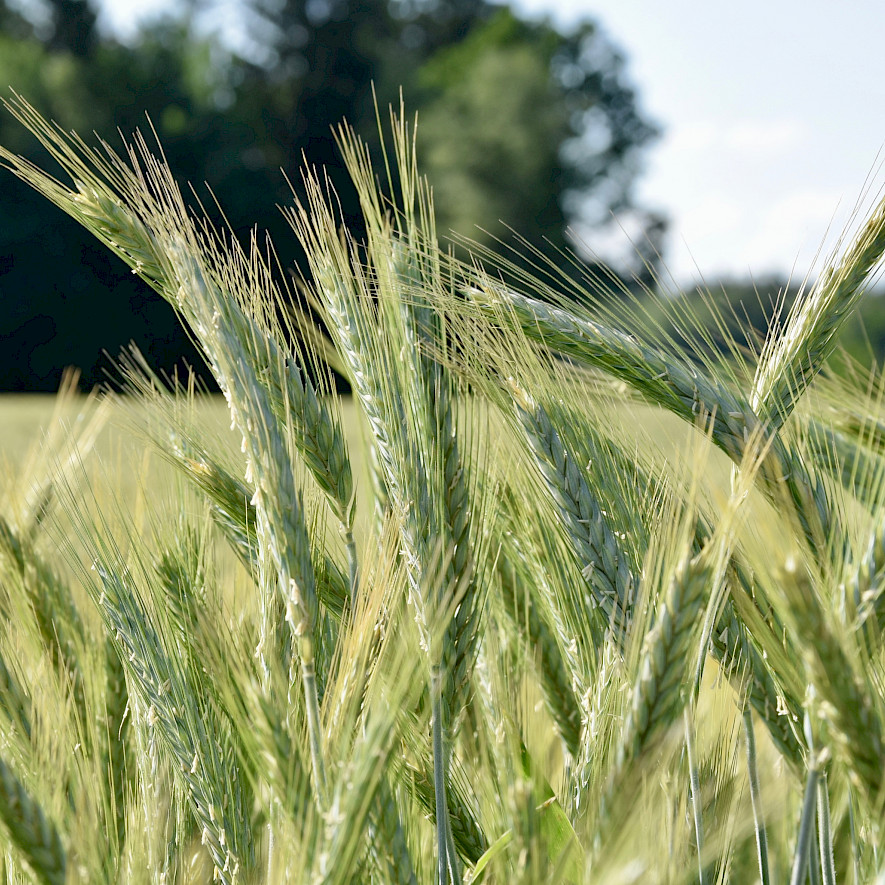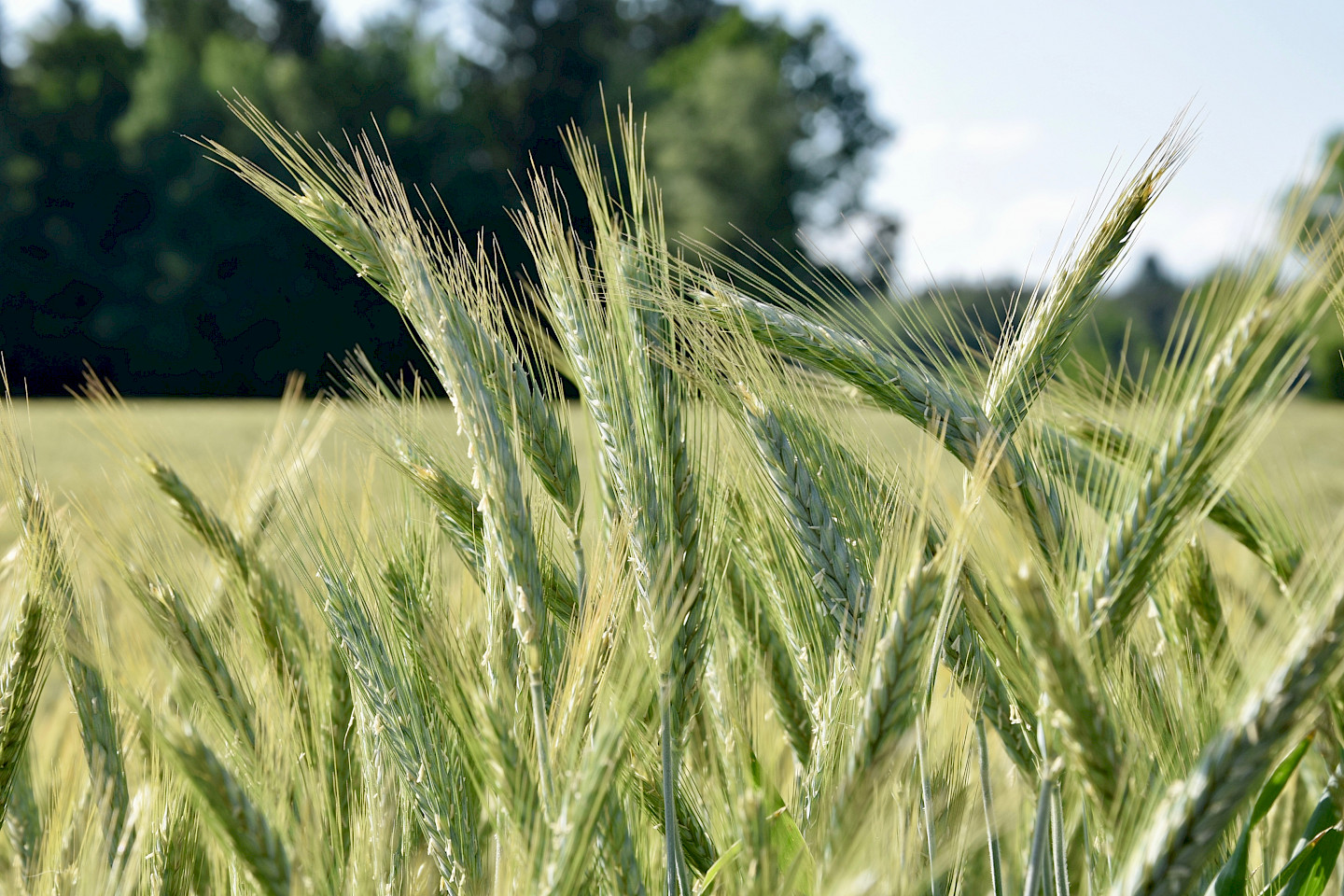How can food security be ensured today as well as in the future, why is genetic diversity important and what does Big Data have to do with plant health in agriculture? The audience will explore these and other highly topical questions together with researchers and students. In addition to entertaining lectures from the field of biology, the program also includes a science slam and a panel discussion.
Scientific knowledge is not necessary for participation.
Lectures:
Prof. Dr. Martin Parniske, Ludwig-Maximilians-Universität München: "Transregional Program PlantMicrobe: On a molecular treasure hunt: How we use genetic diversity to find molecular treasures for improved plant health"
Prof. Dr. Eric Kemen, Eberhard Karls Universität Tübingen: "A bacterium never comes alone: How microorganisms together make plants sick or protect them from disease"
Dr. Nadia Kamal, Helmholtz Zentrum München: "How can genome research contribute to world nutrition?"





